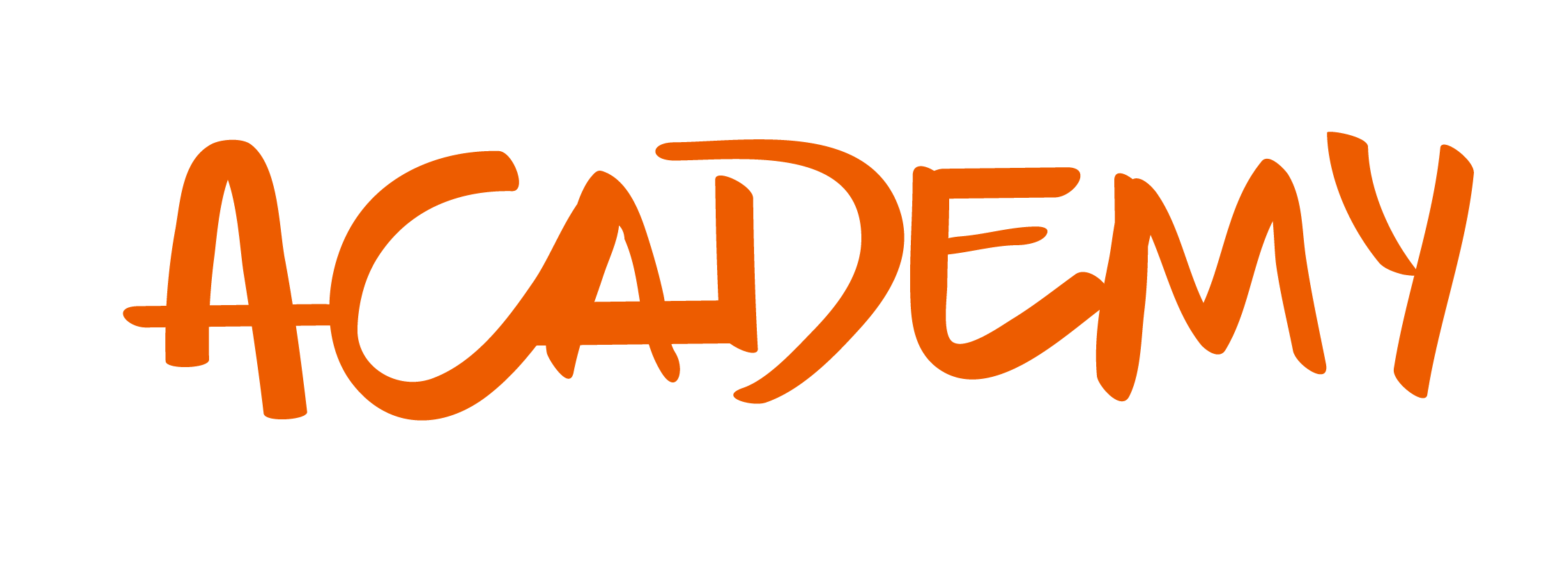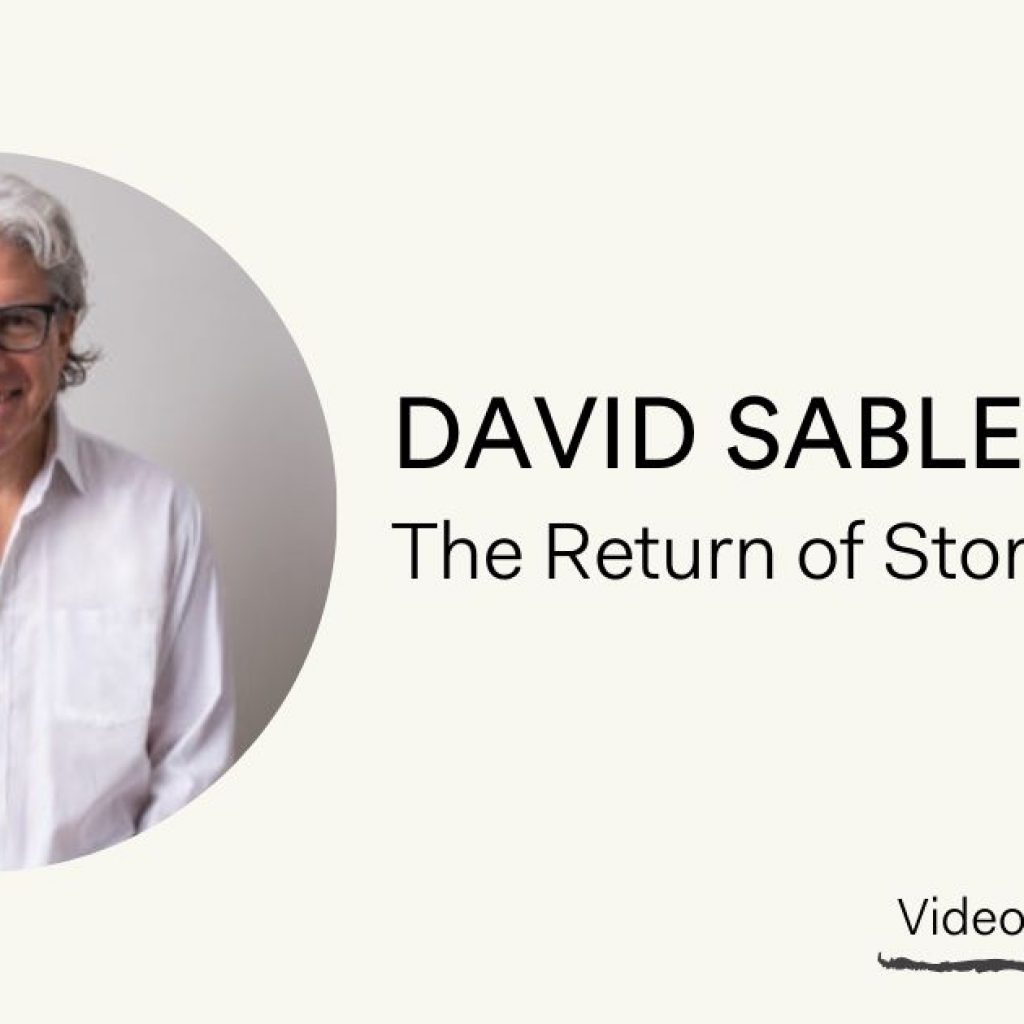David Sable is one of the most recognized names in the creative industry. Former Global CEO of Y&R, former Vice President and Chief Operating Officer at Wunderman Thompson where he helped drive the agency’s digitalization, Senior Advisor to WPP and Board Member of the U.S. Branch of UNICEF.
The hand of the current author, entrepreneur, and activist has shaped the world of advertising as we know it today. We have talked to him to get his expert opinion about the state of the advertising market today, how we have reached this point, and what are the paths towards a better tomorrow. This knowledge is accompanied and sustained, of course, by one of his greatest talents: understanding the world through storytelling.
Straight to the bone
Advertising entertains, informs and connects people with brands, products and services they want. It creates images and narratives around them. Over the years the media and the quality of production have varied, but at its core the craft will remain the same: telling stories that connect people. That is the inherently human and eternal quality of advertising.
Today’s methods have advanced tremendously and can allow people to interact and be part of that story in new ways. The quality of media to generate narratives and content has never been so high. This is true across all media platforms and consumption: television, film, video games, radio and sport.
“The narrative generated as advertisers has to have the same level of excellence as the content to which it is linked. That is one of the biggest challenges today”.
It is not logical that the advertising that goes through this content is of bad quality or is not very interesting, it has to be up to the task. How to capture the interest of the public? Something that goes beyond mere attention is needed in a universe of streaming platforms and infinite entertainment content. Sable invites you to return to the living core of the artifice:
“Storytelling can change the world, and it has done so many times. Every revolution began with a story, that’s a fact. And every revolution will begin with a story.”
Less nostalgia, better solutions
It is common to hear that the advertising industry has lost value, what is an industry where work has been devalued. How can you add value to advertising work in order to have the return that it should have? And more importantly: What changes need to be made to contribute to the future of the industry and those who work in it?
“The industry devalued itself,” says David Sable. Just a few decades ago, agencies helped create products, opened markets, reached new international audiences and were culturally in sync with the world. Then the service provided was transformed into a simple commodity.
The expert holds the agency world responsible for finding a new way to make the industry profitable, and explains that to do so, it is necessary to have the right people. People with the relevant skills to start a digital transformation, that is, the opening of a new paradigm that goes beyond a simple marketing issue.
It is time to evaluate the real problems of the clients in order to think about a systematic change of matrix within a digital world. That’s the kind of value added needed. Brands and customers must understand that by providing teams that solve their problems, it is necessary to obtain remuneration according to the service provided. The historical problem of some agencies and brands is to focus absolutely on the monetary gain, without taking into account if the best possible work is being done or if it is the best way to think of a solution.
Today, thanks to the ability to obtain data and to be able to show it, it enables a superior narrative and allows to deliver a proper understanding to the client. The latter is a great benefit. In this way it is possible to re-experience a bond with the client that adds exorbitant value to both parties and deepens the spectrum of work to be done. In this way it is possible to achieve a state of partnership, of accompaniment, “Because they have associated in the right way, because they believe in each other’s business. I believe in having partnerships again,” says Sable. Being able to introduce this ability to the board, this data and information, is what raises the profitability of the agency-customer relationship.

Fighting with the shadow
There is a certain apprehension on the part of the marketing world towards consulting firms that try to provide the services proposed by an agency. In other words, there is a certain apprehension towards the idea of clients and brands that decide to lower costs and resort to other places for a service that used to belong only to the advertising market.
David Sable explains that previously they worked side by side with the consultants. The internal problems of the organization were evaluated and ways were found to help the client, but this does not have a great scope if it is not communicated internally and externally. The question begins when “a consultant assures that they can do our work, then they receive a huge payment for their consultancy, which allows them to deliver a little of what we do. But not everything”. The vision of the expert is that without the right knowledge it is unviable that this practice is sustained over time. He advises that the advertising industry should focus on its work, on doing what it does best.
Another exponent of a similar situation in the industry is the proliferation of in-house advertising teams within many companies. It is not difficult to understand the attraction, it is avoided to hire an external agent, the relevant marketing and advertising department is embedded in the constant activity of the company, is part of all meetings and knows the corporate objectives to be achieved. When reaching a knowledge and skill barrier it would seem logical to hire digital marketing experts, for example, or to develop tools that simplify that task.
Seems simple, doesn’t it? The point is that each and every company in the world has a limited amount of money to invest in its capital projects. Initially it would seem to save money, but after a few years the investment needed to perform all the services that need to be done externally is a nonsense. Sable assures that eventually most of the clients return to the need of having an agency.

The responsibility to revalue the industry.
Sable invites agencies and advertisers to believe again in advertising and in themselves. He believes that there is a lot of talent wanting to enter the market.
The notion that talent is best treated in large technology companies is misleading, it was true for a while, but today young people have great possibilities for learning in an agency. They can get to know all the communication tools used and become familiar with data evaluation. Advertising and marketing have always been at the technological frontier of communication, and today they still are. The incorporation to the digital world has been slow, but nowadays it is simply another resource to be used in order to do the job.
“With the appearance of television people said “Wow, look what they are doing! Let’s help them tell their stories better, let’s bring our customers to this place,” thus an industry was created. With the internet it was thought that it was not a technology for us, and the first 5 years were wasted”.
How do you get clients to understand the value an agency brings to your business? The pricing methodology within the industry is a question. In any market it is necessary to achieve a good equation between the resources invested and the profitability of the services offered.
David Sable is in favor of charging for the value of the project as opposed to doing it on an hourly or monthly basis. This methodology works well if the client considers the service offered valuable, therefore the agency should have a product that the client considers valuable. That is the core problem of the agency, it is time to revalue the work done. It should have an idea of how much it costs to carry out a project, the amount of hours needed for its completion, and based on that charge accordingly so that the service is profitable. This account includes the added value that the service delivers to the brand.
The ability to link all the information, customer data and feedback generated, with the customer’s desire to work with people interested in their business is what makes the difference. Perhaps it seems a risk to start charging based on the value of the service but it is vital to ask for remuneration according to the work done.
This is why David Sable recognizes the importance of systems such as COR: having a notion of the amount of resources used, being able to use this knowledge to correctly value makes it possible to recognize the real profitability of the services provided. Furthermore, it allows to understand the traceability of the processes, and to inform the client in a clearer way. In case there is any problem, it allows to see in a transparent way where it was born, if it is an internal failure or a communication failure with the brand.
“The ability to follow up is valuable to both parties. The ability to take responsibility for the data is critical. I can be accountable for the hours used by the talent, and I can also be accountable to the client.”
David Sable assures that these tools provide the infrastructure to transform the agencies’ work into a more profitable one and also make the relationship with the client more lucrative.
Media production has always been a commodity, it has been refined and today it can be a service that has a good price, but it is not a value in itself. Planning is a value: knowing what to do, how, what resources to use and what the client will get. Human intelligence is what adds value.
In order not to be a product and to be a valuable service it is necessary to have a good leadership and to incorporate the appropriate technological tools. You can ask for a software license, rent equipment, and hire freelance agents for some projects. “At that time we didn’t buy printers, we simply used the best service”, David Sable says. In order to differentiate yourself you have to do the best job possible, with a good understanding of the client’s business and your own, and how they work together.
“Magic appears when one’s business vision helps to improve the client’s business. There is nothing more valuable than dialogue.












